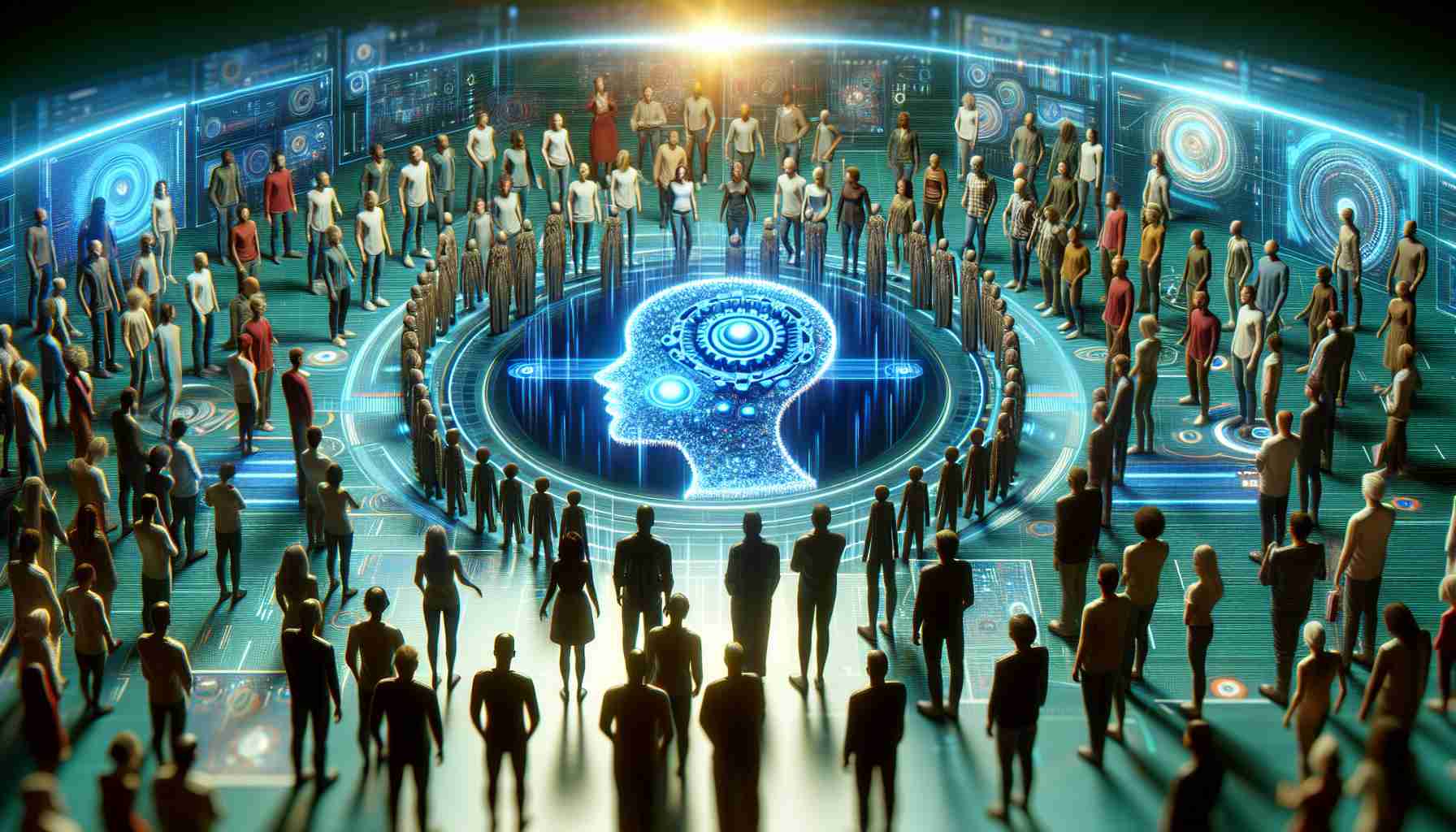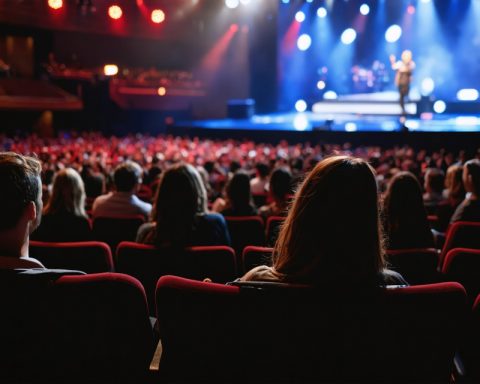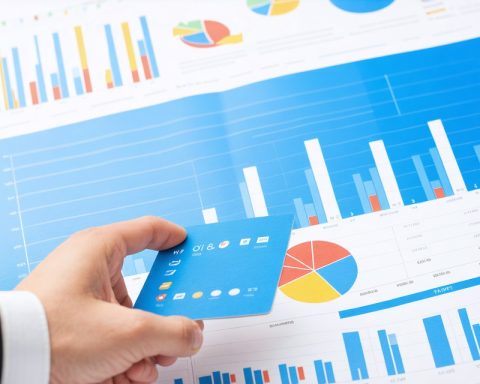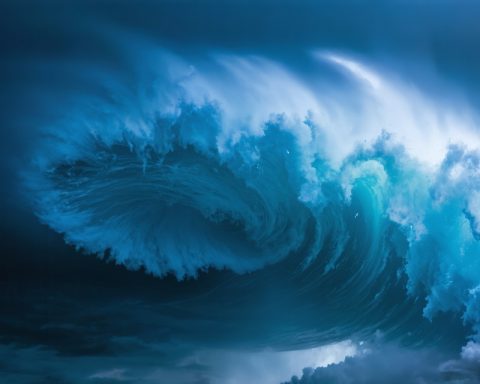In a bold stand for creative rights, a powerhouse group of over 10,500 artists, including ABBA’s Björn Ulvaeus, actress Julianne Moore, and Radiohead’s Thom Yorke, has signed a significant declaration. The declaration warns technology companies about the illicit use of creative works, labeling it as a severe and unjust threat to artists’ livelihoods.
This declaration emerges amidst intense legal disputes between artists and tech giants over the unauthorized use of creative content for training AI models like ChatGPT. It emphasizes the importance of consent and fair treatment regarding intellectual property.
A diverse coalition has rallied behind this cause, featuring renowned authors such as Kazuo Ishiguro, Ann Patchett, and Kate Moss, alongside notable musicians and actors. Their unified voice contends that AI companies are attempting to exploit creators’ hard work by using their content without payment or permission.
Organizer and British composer Ed Newton-Rex voiced the concerns of many artists who fear for their careers. He pointed out that while tech companies invest significantly in engineering and computational resources, they often expropriate creativity without compensation, declaring this practice unacceptable.
This movement is gaining traction as influential authors in the U.S., including John Grisham and Jodi Picoult, have initiated lawsuits against AI developers like OpenAI for copyright infringement. As the battle for creative rights escalates, the future of artistic integrity hangs in the balance.
Creative Rights: Tips, Life Hacks, and Important Facts for Artists
In light of the growing concerns about technology companies’ use of creative works, it’s vital for artists, writers, and creators to stay informed and proactive about protecting their intellectual property. Below are some tips, life hacks, and interesting facts that can help artists navigate this complex landscape.
1. Understand Your Rights
It is crucial for artists to educate themselves about copyright laws and their rights regarding intellectual property. Familiarize yourself with the basics of copyright, namely what it protects, how long it lasts, and when you need to register your work for enhanced protection.
2. Document Your Work
Keep records of your creative process. This includes saving drafts, timestamps, and any preliminary sketches. Documentation serves as evidence of your original work and can be invaluable in case of a dispute.
3. Use Creative Commons Licenses
For those who want to share their work while still retaining some rights, consider using Creative Commons licenses. These licenses allow you to specify how others can use your work while protecting your intellectual property.
4. Connect with Other Creators
Joining a community of artists can provide invaluable support and resources. Networking with others in your field can give you insights into protecting your work and navigating legal challenges.
5. Stay Updated on Legal Developments
The legal landscape regarding AI and creative rights is evolving rapidly. Keep yourself informed about new legislation, landmark cases, and declarations like the one signed by over 10,500 artists. This knowledge will help you make informed decisions about your work.
6. Seek Legal Counsel
If you suspect your work has been infringed upon, consult a lawyer who specializes in intellectual property. They can provide guidance on your options, including sending cease and desist letters or pursuing litigation if necessary.
7. Leverage Technology Wisely
Tools like watermarking and digital rights management can help you protect your online content. Utilize technology to safeguard your work, while being cautious about how and where you share your creations.
Interesting Fact:
Did you know that copyright laws date back to the Statute of Anne in 1710? This legislation aimed to protect authors’ rights and is considered one of the first copyright laws in history.
Stay Engaged:
The movement for creative rights encompasses a growing coalition of authors, musicians, and visual artists. Engaging with and supporting organizations that advocate for artists’ rights can amplify your voice in the fight against unauthorized use of creative works.
For more resources and insights into protecting your creative rights, visit Creative Commons and stay connected with the artistic community.








